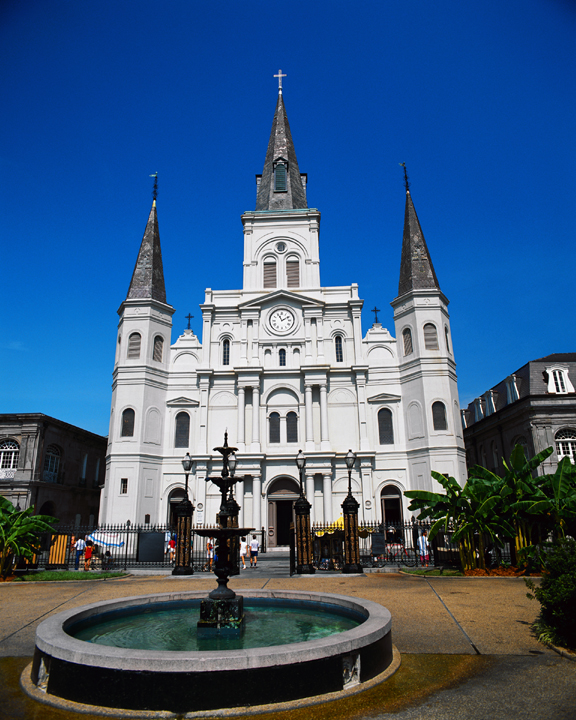
Maintaining Freedom for Faith-Based Service
IRFA President Carlson-Thies’ essay on protecting the ability of faith-based services to maintain their religious character, especially through religious hiring, is featured in Policy in Public a journal from Cardus, a Canadian think tank. It contrasts Canadian and US practice.
Many opponents of religious hiring by religious organizations claim that it is wrong—and surely must be unconstitutional—for those organizations to keep out certain applicants even though religion is irrelevant to the jobs they are applying for. Sure, they’ll concede, a Catholic Church shouldn’t be force to hire a Baptist minister, and a Jewish organization ought to be allowed to reserve its top leadership post for a Jew. But how can religion actually be relevant to teaching students, or counseling, or nursing the sick?
But the real issue is something else: not is religion relevant to such staff positions but rather, who should be able to decide whether religion is relevant.
The Province of Ontario in Canada has an exemption in its employment law that permits religious organizations to consider religion when hiring, but that requires religious employers also to show how religion is a relevant consideration for each position in the organization. As the recent Christian Horizons case has demonstrated, that second requirement actually amounts to substituting a court’s judgment about the relevance of religion for the religious organization’s judgment. There’s no reason to think a court knows better!
It was to avoid just this kind of governmental interference with the decision-making of religious organizations that Congress in 1972 amended Title VII of the 1964 Civil Rights Act so that religious organizations are free to apply religious criteria to every job position and not just to supposed “ministry” positions.
For more on the Christian Horizons case and this important contrast between US and Ontario law, see Stanley Carlson-Thies,“Liberty or Liability: The Future of Institutional Religious Freedom,” Policy in Public (Cardus, Winter, 2010), pp. 14-30.
